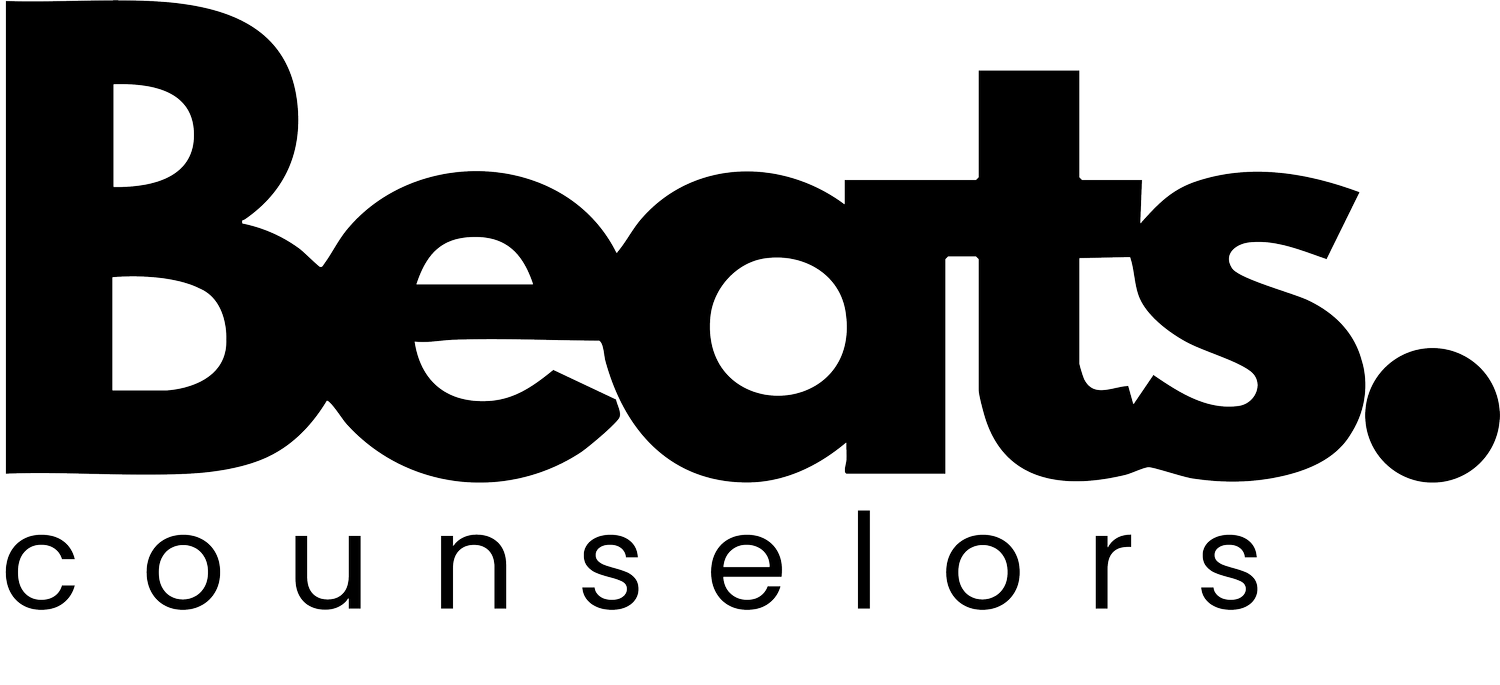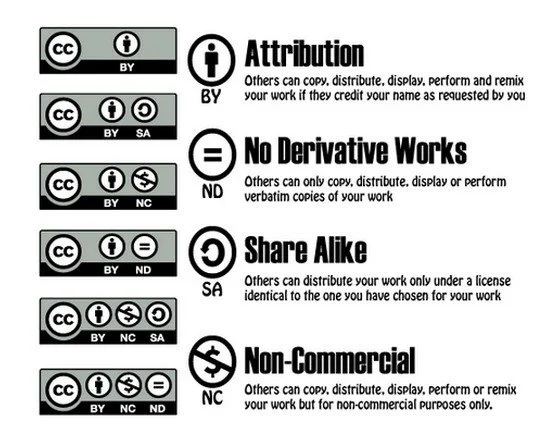Understanding Creative Commons: A Key Legal Tool for Content Creators
In a digital world where content circulates at unprecedented speed and scale, the ability to control how your work is shared, reused, and built upon is not only a matter of legal protection—it is a creative necessity. Creative Commons (CC) licenses offer a flexible, accessible legal framework that empowers creators to manage their intellectual property rights in a global context.
This article explains what Creative Commons licenses are, why they matter, how they work in practice, and provides a case study illustrating their legal strength.
What Is Creative Commons?
Creative Commons is a global non-profit organization that provides free, standardized licenses to help authors, artists, and other creators communicate the permissions associated with their work. Founded in 2001, the organization emerged as a response to the rigid structure of "all rights reserved" copyright, offering instead a spectrum of "some rights reserved."
Each license is based on copyright law, but allows creators to grant permission in advance for certain uses of their work, thereby reducing legal uncertainty and encouraging lawful sharing, remixing, and collaboration.
Creative Commons licenses are enforceable in most jurisdictions and have become an essential part of the content ecosystem, used by major platforms such as Flickr, Wikipedia, and YouTube.
Why Should Content Creators Understand Creative Commons?
Understanding CC licenses is crucial for two main reasons:
As a creator, you can make informed choices about how to share your work while still retaining legal control over its use.
As a user, you gain clarity about what you can legally do with someone else's work—whether it's a photo, a song, or a research paper.
This balance of flexibility and protection fosters creativity while minimizing the risk of infringement lawsuits.
Legal Case: Great Minds v. FedEx Office
A landmark case in the U.S. (Great Minds v. FedEx Office, 2018) tested the enforceability of Creative Commons licenses. Great Minds, a nonprofit producing open educational resources, licensed its materials under CC BY-NC-SA (Attribution–NonCommercial–ShareAlike).
FedEx, under contract with schools, reproduced the materials for a fee. Great Minds sued, arguing the license prohibited commercial reproduction.
The court ruled in favor of FedEx: since the schools (who were licensees) had the right to use and reproduce the content, outsourcing the reproduction to FedEx did not violate the license—even if FedEx itself was a commercial entity.
Takeaway: Creative Commons licenses are legally binding, but their interpretation depends on the specifics of use and context. Creators must clearly understand the implications of each license condition.
Understanding the Creative Commons License Icons
Icon "BY" by Creative Commons is licensed under CC BY 4.0
Each CC license is a combination of basic conditions, symbolized by icons. Here are the six main licenses and what each icon means:
BY (Attribution): You must credit the creator. Required in all CC licenses.
NC (NonCommercial): You may not use the work for commercial purposes.
ND (NoDerivatives): You may copy and distribute the work, but not modify or adapt it.
SA (ShareAlike): If you adapt the work, you must license your new work under the same terms.
Combining these conditions gives six core licenses, ranging from the most permissive to the most restrictive:
CC BY – Free to use, modify, and distribute, with attribution.
CC BY-SA – Same as above, but derivatives must carry the same license.
CC BY-ND – Free to distribute, but no modifications allowed.
CC BY-NC – Non-commercial use only, modifications allowed.
CC BY-NC-SA – Non-commercial, derivatives must be shared alike.
CC BY-NC-ND – Most restrictive: non-commercial, no derivatives.
Conclusion: A Legal Tool for Creative Freedom
Creative Commons licenses are more than just symbols on a webpage—they are enforceable legal tools that reflect a new philosophy of intellectual property. For creators navigating a world of remix culture, viral media, and global audiences, CC licenses offer a smart, transparent, and legally sound way to share creative work without giving up control.
Understanding them is not only good practice—it is a form of creative empowerment.


